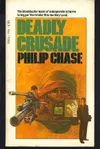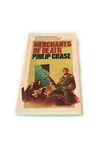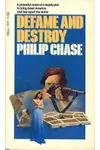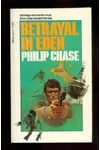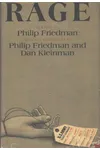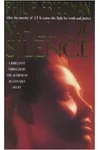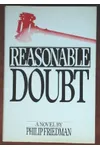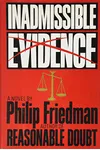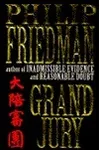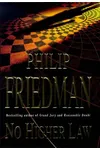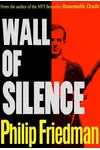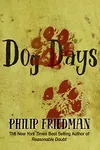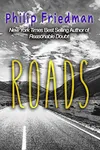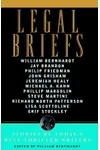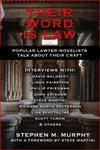Picture an American storyteller who turned courtroom drama into page-turning gold—meet Philip Friedman! This author and attorney didn’t just write legal thrillers; he redefined them with insider savvy and gripping tales that keep you hooked. From bestsellers like Reasonable Doubt to military adventures under the pseudonym Philip Chase, Friedman’s versatility and knack for relatable characters have cemented his place as a literary gem.
Born with a mind for math and a heart for justice, Friedman’s journey from law school to literary stardom is as compelling as his novels. His works don’t just entertain—they pull back the curtain on the legal world, blending authenticity with suspense in a way few can match.
The Making of Philip Friedman
Philip Friedman kicked off life on January 8, 1944, with an academic flair, earning an AB in mathematics from Princeton University. But numbers weren’t his only love—he dove into law at NYU, snagging the American Jurisprudence Award in copyright law. While still in law school, he co-wrote the treatment for Rage, a film starring George C. Scott, proving early on he could juggle courtroom briefs and Hollywood scripts with equal finesse.
His career took flight as a practicing attorney, but the storyteller in him couldn’t be contained. By the 1970s, he was penning novels that married his legal expertise with a flair for drama, launching a legacy that would span decades and genres. It’s no wonder this Princeton grad traded equations for edge-of-your-seat narratives!
Philip Friedman’s Unforgettable Stories
Friedman’s legal thrillers are where he truly shines. Take Reasonable Doubt (1990)—a 15-week New York Times bestseller that pits a former prosecutor against his daughter-in-law in a murder case dripping with family secrets. Then there’s Inadmissible Evidence (1992), where prosecutor Joe Estrada retries a brutal murder, only to unravel a web of doubt and danger. Both novels spent a combined 26 weeks on bestseller lists, showcasing Friedman’s knack for courtroom chaos and human complexity.
Not one to be boxed in, Friedman moonlighted as Philip Chase, crafting military thrillers like Deadly Crusade (1976). This action-packed tale follows William Kendall, a special unit leader racing against espionage and betrayal. Whether it’s law or war, Friedman’s style is taut, authentic, and brimming with characters you can’t help but root for—think John Grisham meets Tom Clancy, but with a voice all his own.
His themes? Justice, loyalty, and the messy gray areas of life. Friedman doesn’t just write plots; he builds worlds where every twist feels earned, every verdict hard-won. It’s this blend of realism and suspense that keeps readers flipping pages late into the night.
Why Philip Friedman Matters
Friedman didn’t just write books—he elevated the legal thriller genre, setting a bar for authenticity that’s tough to beat. His insider perspective as an attorney gave his stories a rare edge, influencing a wave of legal dramas in print and on screen. Beyond the page, his work with the Mystery Writers of America and contributions to outlets like The New York Times and Elle show a writer deeply tied to his craft and community.
His legacy? A bookshelf of gripping reads and a reminder that great stories come from those who’ve lived the stakes. From bestseller lists to military fiction fans, Friedman’s impact endures, proving that a good tale, well-told, never goes out of style.
- About Philip Friedman:
- Born: January 8, 1944
- Key Works: Reasonable Doubt, Inadmissible Evidence, Termination Order
- Awards: American Jurisprudence Award in Copyright Law
Ready for a thrilling ride? Snag Reasonable Doubt and dive into Philip Friedman’s world of legal suspense—you won’t look at a courtroom the same way again!
